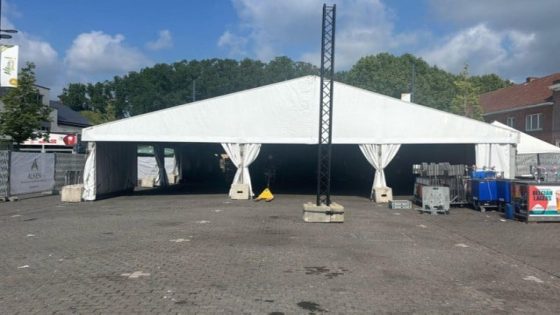The longest ransom kidnapping in Belgium’s history came to a critical point on 2025-05-15 12:35:00, as the jury deliberated the fate of suspects involved in the 2020 abduction of thirteen-year-old Renan T. from Genk. Renan was held captive for 42 days after being taken by armed, masked impostor agents, sparking one of the most shocking criminal cases in recent Belgian memory.
- Renan T. ontvoerd door vier nepagenten
- Jury veroordeelt zeven verdachten tot levenslang
- Losgeld betaald: 278.000 euro, goud, juwelen
- Verdachten gearresteerd na Renans vrijlating
- DNA en telefonie bewijzen betrokkenheid verdachten
- Aziz Bouloudo vrijgesproken wegens gebrek bewijs
Seven of the eight suspects, including known extremists, were found guilty of orchestrating and executing the kidnapping. The family paid a substantial ransom in cash, gold, and jewellery, leading to Renan’s eventual release. But what does this verdict mean for justice and security in Belgium? How will this case shape future responses to such crimes?
As the jury weighs sentencing, the case highlights pressing questions about criminal networks and law enforcement effectiveness, setting the stage for a deeper understanding of the implications.
What does this verdict reveal about Belgium’s fight against organised crime? The case underscores several key points:
- The use of detailed forensic evidence, including DNA and digital tracking, was crucial in convicting suspects.
- Extremist links among perpetrators raise concerns about radicalisation intersecting with organised crime.
- The acquittal of one suspect shows the importance of thorough investigation and reasonable doubt.
- The case exposed vulnerabilities in residential security and ransom negotiation tactics.
Looking ahead, Belgium must strengthen its legal and security frameworks to deter such crimes. Citizens and policymakers alike should remain vigilant and support ongoing efforts to protect vulnerable individuals from organised criminal acts.
































